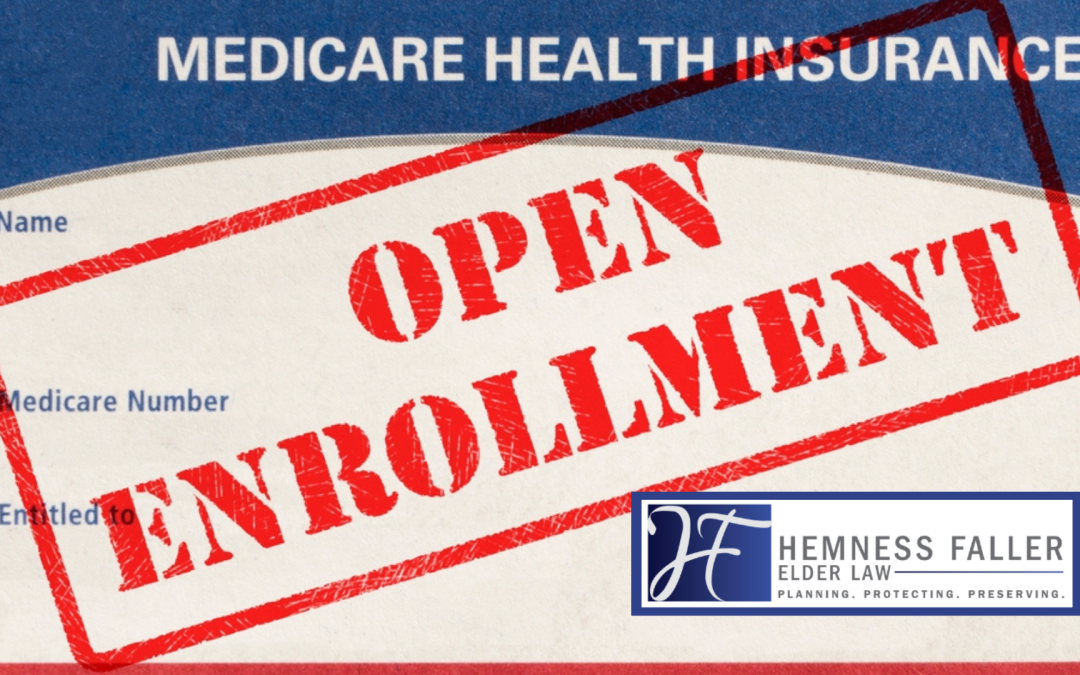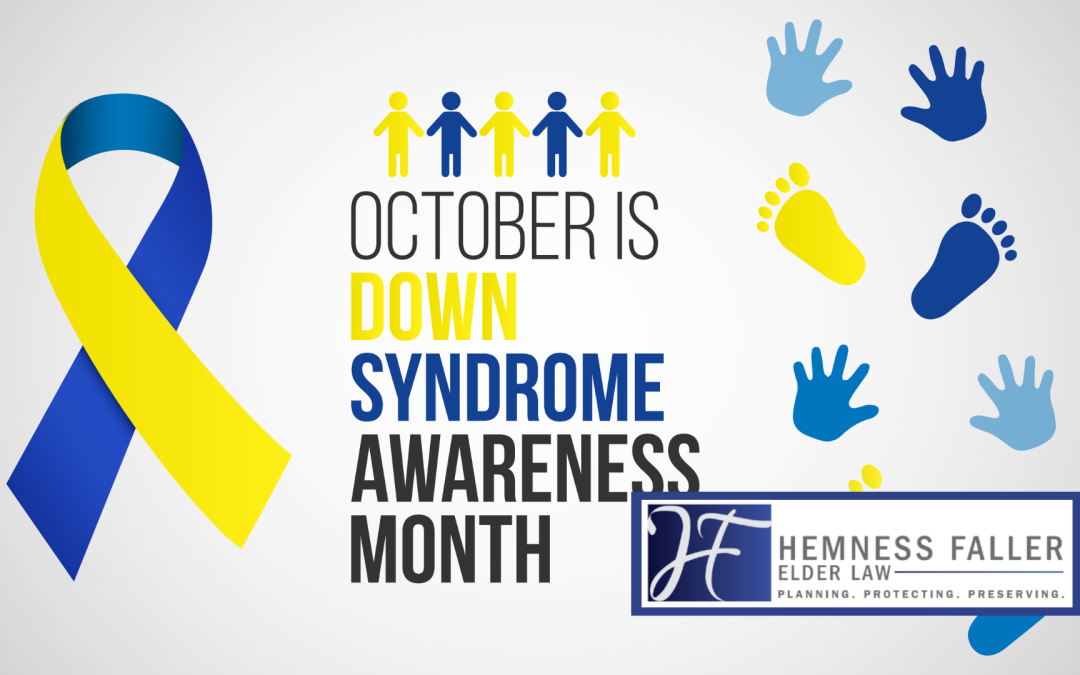A parent has the legal right to make all medical and financial decisions for his or her minor child. These decisions are often delegated by the parent to a caregiver who is hired by the parent.
Nevertheless, the parent has the final say and closely supervises the caregiver.
Once a developmentally disabled child attains age 18, however, a parent no longer has the legal right to delegate these duties to the child’s caregiver. This is why it is best for the parent of a developmentally disabled child who has recently attained age 18 to request the circuit court to appoint the parent as the guardian advocate for the child.
The court appointed parent can then legally delegate to the caregiver those rights that can be overseen and legally supervised by the parent.
A “developmental disability” means a disorder or syndrome that is attributable to intellectual disability, cerebral palsy, autism, spina bifida, or Prader-Willi syndrome; that manifests before the age of 18; and that constitutes a substantial handicap that can reasonably be expected to continue indefinitely. A circuit court may appoint a guardian advocate, without an adjudication of incapacity, for a person with developmental disabilities, if the person lacks the decision making ability to do some, but not all, of the decision making tasks necessary to care for his or her person or property or if the person has voluntarily petitioned for the appointment of a guardian advocate.
If the person with a developmental disability has executed an advance directive or durable power of attorney, the circuit judge must consider and find whether the documents will sufficiently address the needs of the person with a developmental disability for whom the guardian advocate is sought. A guardian advocate may not be appointed if the court finds that the advance directive or durable power of attorney provides an alternative to the appointment of a guardian advocate which will sufficiently address the needs of the person with a developmental disability.
If an advance directive exists, the court shall specify in its order and letters of guardian advocacy what authority, if any, the guardian advocate shall exercise over the person’s health care surrogate. The court, upon its own motion, may, with notice to the health care surrogate modify or revoke the authority of the health care surrogate to make health care decisions for the person with a developmental disability. If any durable power of attorney exists, the circuit judge shall specify in its order and letters of guardian advocacy what powers of the agent, if any, are suspended and granted to the guardian advocate.
We know this can be a challenging process to think about. Remember, don’t go at it alone! Do not wait to contact our law firm to schedule a meeting with one of our experienced attorneys.






